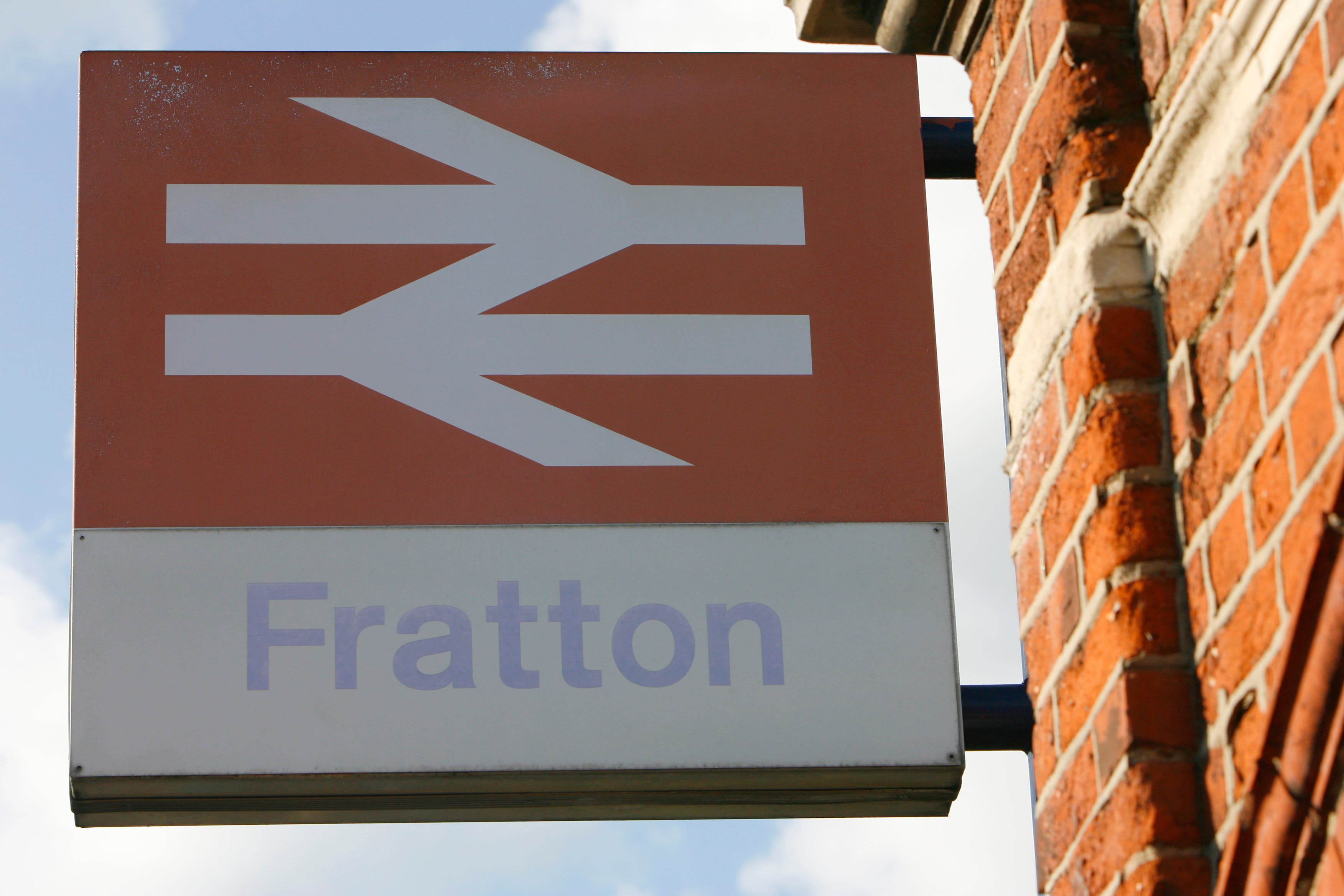Ex-transport secretaries give warnings on rail nationalisation
The decades under state-owned British Rail was ‘not a time when everything was fantastic’, Parliament was told.

Two former Tory transport secretaries have warned over the pitfalls of rail nationalisation as Labour vowed to bring the industry back into public ownership.
The decades under state-owned British Rail was “not a time when everything was fantastic”, said Lord Fowler, highlighting a major problem with lack of investment.
Conservative peer Lord McLoughlin also cautioned people to “be careful what you wish for”, arguing it would be the Treasury and not the Department for Transport which would be in the driving seat.
The former Cabinet ministers made their comments as Labour committed to renationalise the network if elected in what the party heralded as the “biggest overhaul to our railways in a generation.”
The expectation is to transfer rail networks to public ownership within its first term by transferring existing private passenger rail contracts into a new body as they expire.
The plans come against a backdrop of passenger frustration at poor performance across the industry, which has also been dogged by strike action.
But speaking during a transport debate at Westminster, former lord speaker Lord Fowler, who was transport secretary under Margaret Thatcher, said: “In the time of British Rail it was not a time when everything was fantastic.
“It was not a time of unparalleled industrial peace.
“It was not a time when all, trains ran on time.
“And there were divisions inside the trade union movement.”
He added: “One of the major problem was a lack of investment and that is what we had to tackle.”
Lord McLoughlin, who held the transport brief during David Cameron’s time in office, said: “It is just worth bearing in mind that before privatisation there were 700 million journeys a year on our railways.
“The year before the pandemic there was 1.8 billion journeys on our railways.
“We have seen a revolution in the rail industry of it doing far, far more and serving far, far more people and that happened because private finance was brought into the rail industry.
“And no longer were we completely reliant on what the Treasury said and what the Treasury didn’t say.
“Be careful what you wish for because if you wholly nationalise, the people who will take it back in control won’t be the Department for Transport but it will be his majesty’s Treasury.
“I think one should be a little cautious about what you wish for.”
But Labour former Cabinet minister Lord Murphy of Torfaen said the current state of the railways was “a sorry story”.
He said: “It’s a great shame because I am a great lover of our railways. It’s the best way to travel.
“It’s the most environmentally sensible way to travel and it’s the way I would always inevitably choose.”
Welcoming his party’s renationalisation plans, he added: “I think that is the way ahead.
“I just hope that in five or six years time the Great Western Railway will be replaced by the Great British railway.”
Bookmark popover
Removed from bookmarks